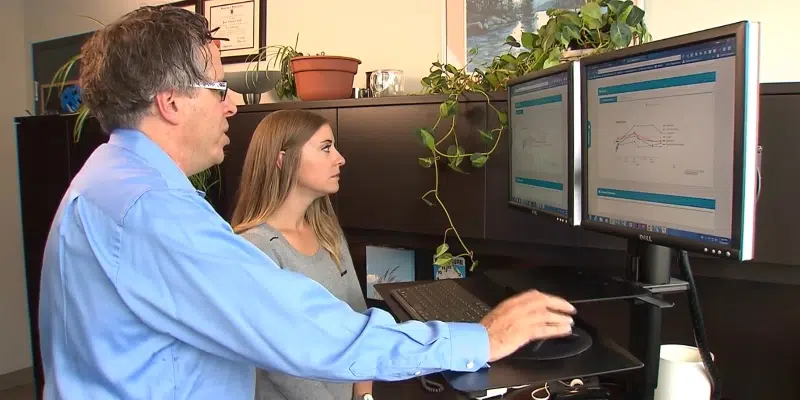The Mental Health Commission of Canada has released its report on the Stepped Care 2.0 e-Mental health project in this province.
Stepped Care 2.0, which aims to provide same day, flexible access to mental health services, was introduced as a demonstration project in 15 mental health and addictions clinics, and two primary care clinics across the province in 2017.
It was developed by Dr. Peter Cornish, an Associate Professor at Memorial University,who adapted the program from it’s original model used in the United Kingdom. According to the report, the project has resulted in a 68 per cent reduction in wait times for mental health services, with some communities reporting no wait times at all.
As well, 67 per cent rated the quality of the tools as good or excellent, 79 per cent said the system met at least some of their needs, and 62 per cent said the e-programs helped them deal with their problems.
Dr. Cornish says the new system provides more supports for those with mental health issues. He says the system doesn’t take away options, it adds to an array of choices.
The full report is available to to view on the Mental Health Commission’s Website.
New Service Helps Support Those Battling Depression
Meanwhile, a woman from this province is sharing her battle with depression, and how the Stepped Care 2.0 system helped her overcome it.
Amber LeRoy says she has been dealing with mental health issues since she was 17 years old. She says there were some supports, but ultimately her depression kept getting worse.
LeRoy describes her depression as like being wrapped up in blackout curtains.
She says you can’t see anything, no supports, no help, only darkness. It’s like a black hole that is sucking you in. And it is heavy on you, there is a weight on your chest that hurts so much that you can’t get any words out.
LeRoy says it was the e-Mental health service, Bridge the Gap, that really helped her deal with her depression.
Now, she is making strides in her own mental health and is even working with CHANNAL to help others deal with their struggles.
LeRoy says e-mental health services are vital to her journey, and says in today’s technological landscape they are a very important tool. She says e-services will “change the world” and will make more people feel comfortable getting help.
























